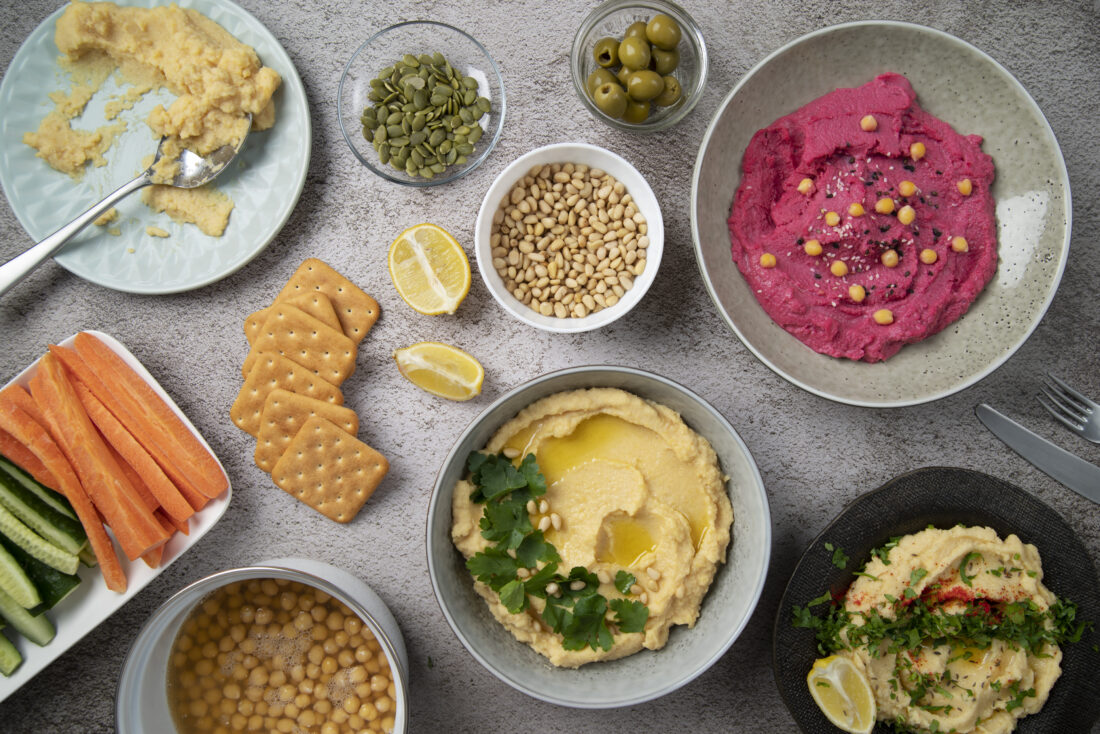Traditional Probiotic Foods in India
Traditional Probiotic Foods in India
Introduction
Probiotic foods are those that contain beneficial live bacteria and yeasts, which can help improve gut health and overall digestion. In India, several traditional foods naturally contain probiotics due to fermentation processes. Here’s a list of popular probiotic foods commonly consumed in India:
1. Curd (Dahi)
- Description: A staple in Indian households, curd is made by fermenting milk with a culture of beneficial bacteria. It is commonly consumed plain or used in dishes like raita, chaas, and kadhi.
- Probiotics: Contains Lactobacillus species, which help improve gut health.
2.Buttermilk (Chaas)
- Description: Made from the leftover liquid after churning butter from cultured cream or curd, buttermilk is a refreshing drink, especially in hot climates. It is often spiced with salt, cumin, and herbs.
- Probiotics: Contains live cultures of Lactobacillus, which aid in digestion.
3. Lassi
- Description: A traditional yogurt-based drink, lassi can be sweet, salty, or flavored with fruits and spices. It is a popular probiotic beverage in North India.
- Probiotics: Contains beneficial bacteria from the yogurt used in its preparation.
- Description: Made from fermented rice and urad dal (black gram) batter, idlis and dosas are staple breakfast foods in South India. The fermentation process enhances their probiotic properties.
- Probiotics: The natural fermentation process introduces beneficial bacteria such as Leuconostoc and Enterococcus.
5. Kanji
- Description: A traditional fermented drink made from black carrots, mustard seeds, and water. It is popular in North India, especially during the winter months.
- Probiotics: Contains natural lactic acid bacteria from the fermentation process.
6. Pickles (Achar)
- Description: Indian pickles made with vegetables like mango, lemon, and carrot are often fermented with salt, mustard seeds, and oil. Traditional pickling methods encourage the growth of beneficial bacteria.
- Probiotics: Naturally fermented pickles contain beneficial bacteria like Lactobacillus.
7. Fermented Bamboo Shoots (Khorisa)
- Description: Commonly consumed in Northeastern India, fermented bamboo shoots are used in various dishes. The fermentation process preserves them and enhances their probiotic content.
- Probiotics: Fermentation introduces beneficial bacteria, which can aid digestion.
8. Gundruk and Sink
- Description: Fermented leafy greens like mustard, radish, and cauliflower leaves are popular in the Northeastern states and Nepalese cuisine in India. Gundruk is sun-dried and fermented, while Sink is fermented but not dried.
- Probiotics: Contains lactic acid bacteria from natural fermentation.
9. Amazake (Fermented Rice Drink)
- Description: Although more common in East Asia, similar fermented rice drinks are consumed in parts of Eastern India. These are mildly sweet and are made by fermenting rice with a specific type of mold.
- Probiotics: Fermentation introduces beneficial microorganisms.
10.Sandhana (Fermented Rice Cake)
- Description: A traditional fermented rice cake made in Tamil Nadu, Kerala, and parts of Andhra Pradesh. It’s made from a batter of rice and coconut milk, left to ferment naturally.
- Probiotics: Natural fermentation enhances probiotic content.
11. Dhokla
- Description: A fermented snack made from rice and chickpea batter, popular in Gujarat. The batter is fermented, which increases its probiotic properties.
- Probiotics: Contains beneficial bacteria from the fermentation process.
12. Handvo
- Description: Another Gujarati delicacy, Handvo is a savory cake made from a fermented batter of rice, lentils, and vegetables. The fermentation gives it a unique flavor and probiotic benefits.
- Probiotics: Fermentation introduces beneficial bacteria.
13. Bhatura
- Description: While Bhatura is not fermented for long periods, some variations use yogurt or a natural fermenting agent to prepare the dough, allowing for slight fermentation, which can introduce some probiotics.
- Probiotics: Mild fermentation with yogurt introduces some beneficial bacteria.
14.Dhokla and Khaman
-
- Description: These are popular fermented savory cakes made from chickpea flour or rice and lentil batter, traditional in Gujarat. Fermentation gives these dishes a fluffy texture and adds probiotics.
- Probiotics: Contains beneficial bacteria due to the fermentation of the batter.
These probiotic-rich foods are widely available in India and are a great way to include natural probiotics in your diet, promoting gut health and digestion.
Related Blogs :
Education: Master of Public Health (MPH) from the Postgraduate Institute of Medical Education and Research (PGIMER), Chandigarh Experience: A dedicated health writer with 8 years of experience covering a range of health topics, including public health and nutrition. His work has appeared on reputable Indian health websites and journals such as India Health Journal and The Health Times. Ravi also collaborates with Indian health agencies on public health campaigns.

